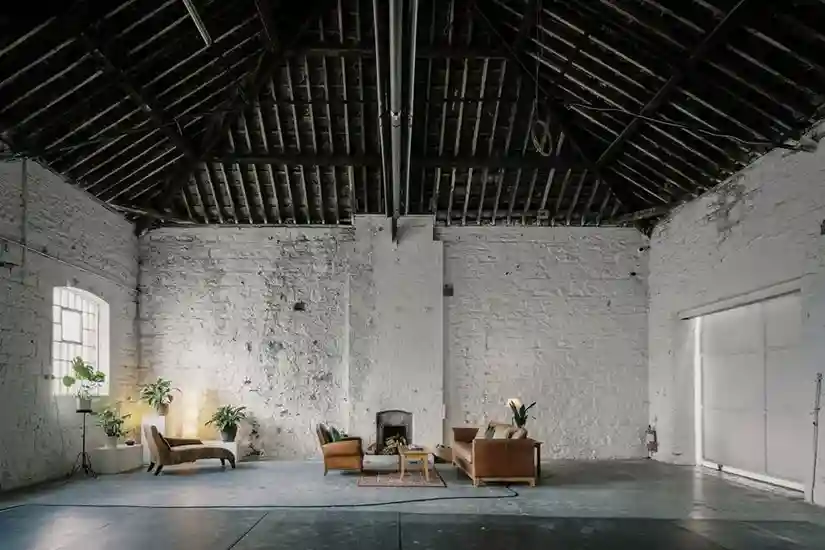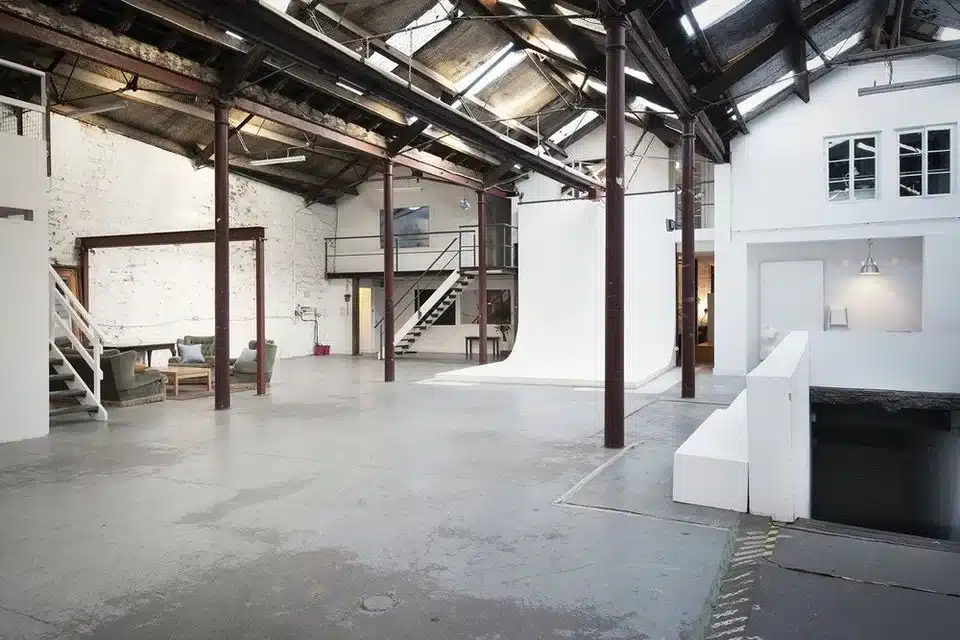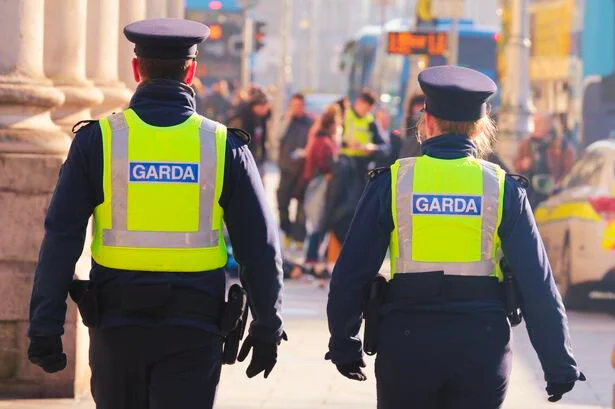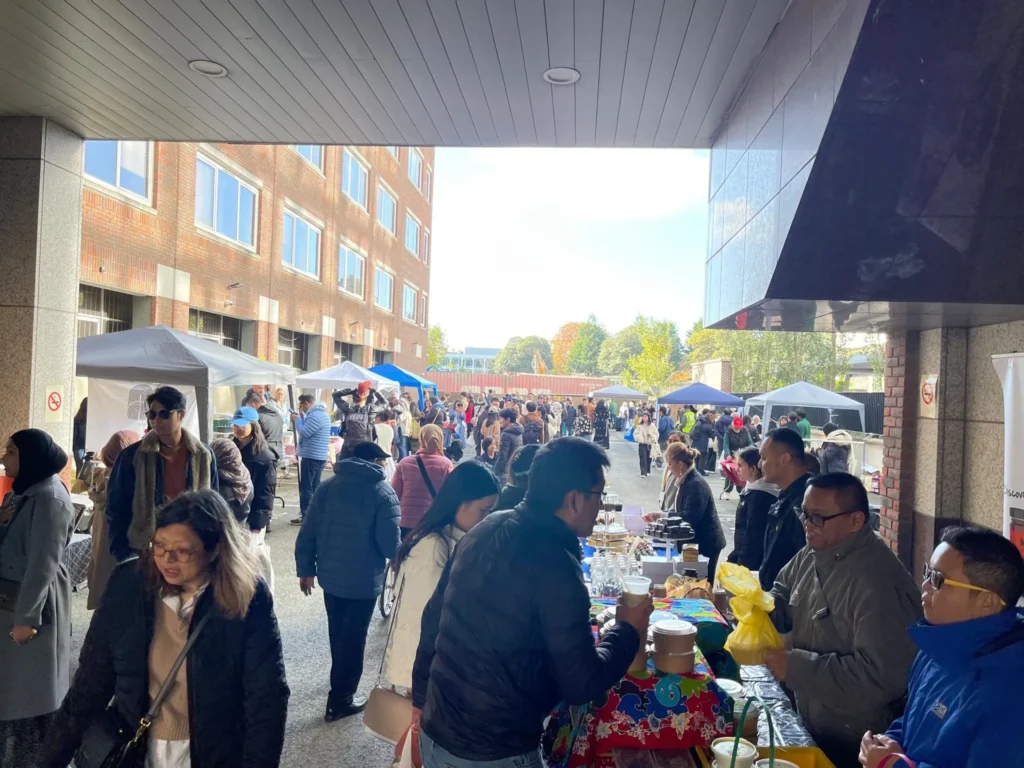Founder Appeals to Save D-Light Studios from Closure After 15 Years

D-Light Studios, a social enterprise located in the vibrant neighbourhood of Ballybough, has sounded the alarm.
A lively cultural hub in Dublin, Dublin Light Studios, is facing the possibility of permanent closure due to ongoing fire safety works and the lack of a secure lease agreement.
(Also read Dublin’s Famous Eatery Manifesto to close After 2 Decades.)
What’s Happening to the D-Light Studios?
This community-driven space, famous for its artist residencies, exhibitions, music events, and more, is caught in a bureaucratic nightmare with Dublin City Council. It is important to remember that this space has served as a sanctuary for creativity for the past 15 years.
Founded by Agata Stoinska in 2008, D-Light Studios has strived to create an accessible platform for artists and the community. By reinvesting profits, the studio has offered subsidised rates for artists and groups. This way, it has fostered a diverse and thriving creative environment.
However, securing a long-term lease has proven challenging despite its significant contribution to the local cultural scene.

Due to fire safety concerns, D-Light is forced to vacate, but with no guarantee of returning or a clear support plan. While necessary for safety, this eviction throws the studio’s future into jeopardy.
Dublin’s creative space crisis has sparked a community outcry, with a petition initiated by Stoinska garnering widespread support. The response highlights that D-Light Studios profoundly impacts the community, serving as more than just a space but a “home for creativity.”
The struggle of D-Light Studios reflects the broader challenges faced by cultural enterprises in urban areas. The support for Dublin Studio goes beyond bureaucratic hurdles. Stoinska expresses her disappointment at a system that prioritises procedures over cultural values. This sentiment resonates with many in the creative sector who struggle with similar challenges.
The situation raises crucial questions about balancing public safety needs with preserving cultural spaces. Can we ensure both without sacrificing the community and creativity that D-Light embodies?
D-Light’s story serves as a stark reminder of the challenges cultural spaces face in urban environments. The outpouring of support for Dublin studio sustainability emphasises its importance and urges us to consider the future of such hubs.
LATEST NEWS
DISCOVER MORE






